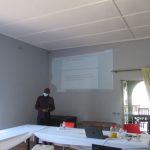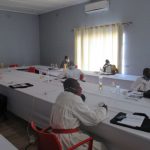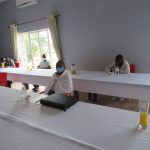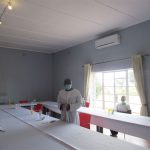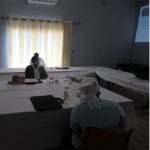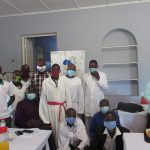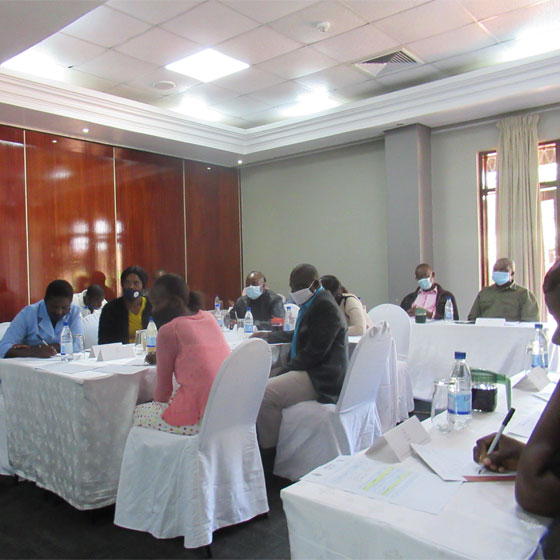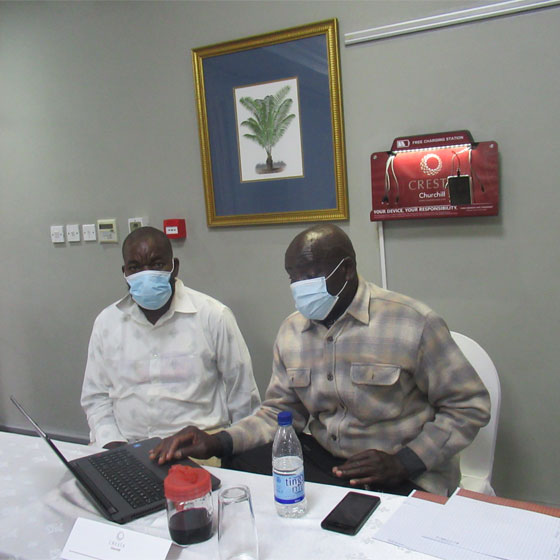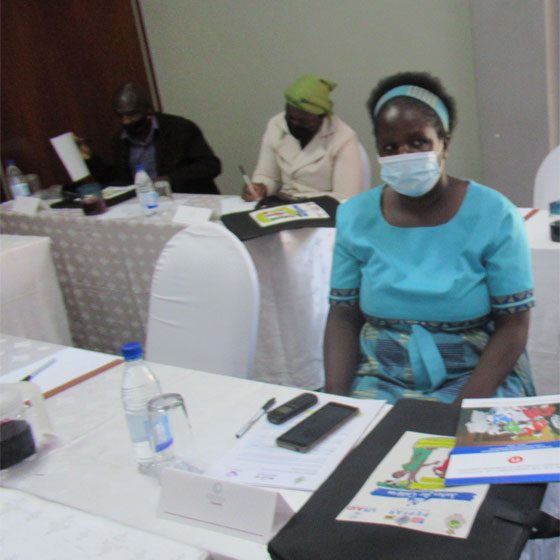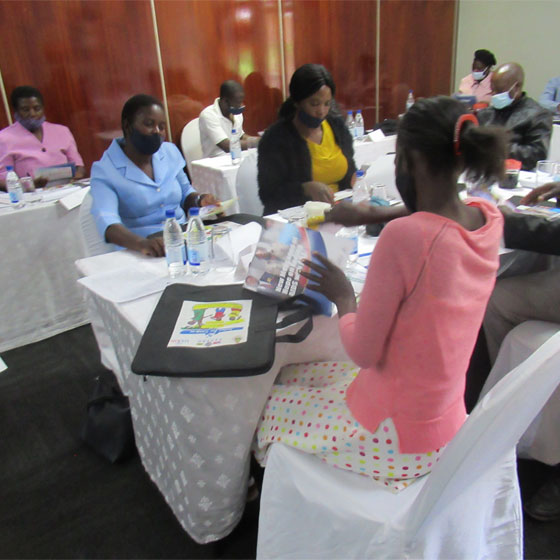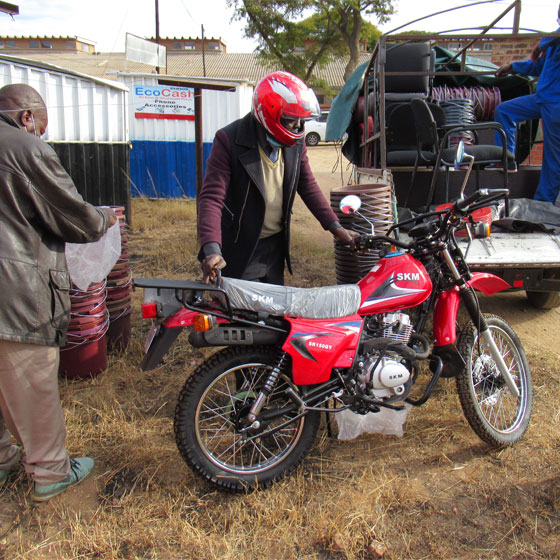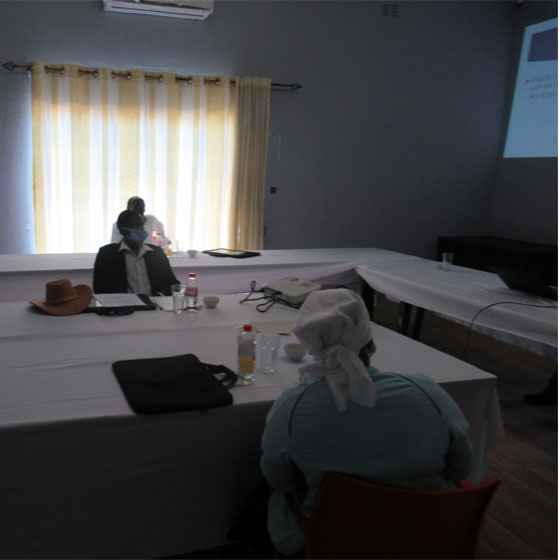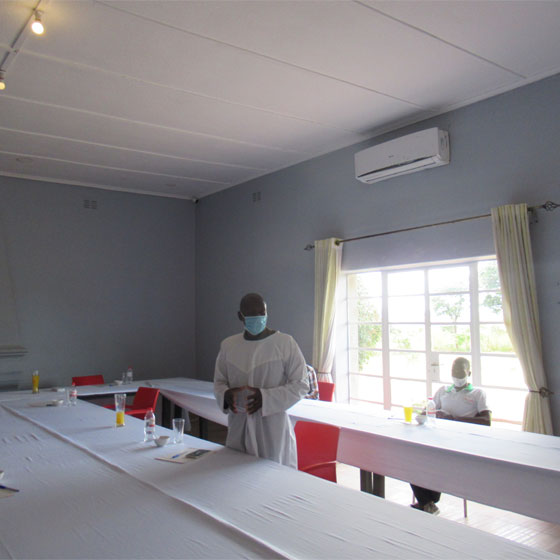- Become a Volunteer
- Mon - Fri: 08.00 hrs - 17:00 hrs
Message of hope training – Goromonzi
At the center of both anti-retroviral treatment and faith healing is the quest for health and well being.This is a major preoccupation in all the religions of the world. Moreover human beings all over the world seek health and well -being. It is not a uniquely African phenomenon. Healing has been an integral part of humanity’s religious quest. However the term healing has diverse meanings, changing from one context to another.
Healing plays a major role in African Independent Churches. Though it is universal in nature, Christian faith allows room for contextual expression of how Christ is perceived. History and geography, as well as philosophical thoughts and beliefs systems contribute to how people understand and practice a world religion. The Apostolic and Zionist Churches like all other African religions, African worldview also dominates which need to be transformed into biblical one.
Summary
The Goromonzi training give UDACIZA a platform to reach Apostolic and Zionist Churches throughout the country and perhaps all over the world due to advancement of technology, delivering the message of hope and strengthened UDACIZA vision ,mission and values.
Objectives
- To train Faith leaders, and other community gatekeepers on message of hope.
- To disseminate new message of hope down and across mother body infrastructures
- To scale up community and faith responses, which are central to achieving the 95-95-95 global treatment target.
- To empower Church leaders with accurate and in depth information on child protection.
- To trigger Church leaders to develop child and adult safeguard protocols and utilise them to preserve children from sexual violence.
- To build competences of Church leaders to refer Church members to modern health facilities.
- To trigger Church leaders to come up with lively debates about HIV.
- To trigger Church leaders to collaborate with like minded organizations.
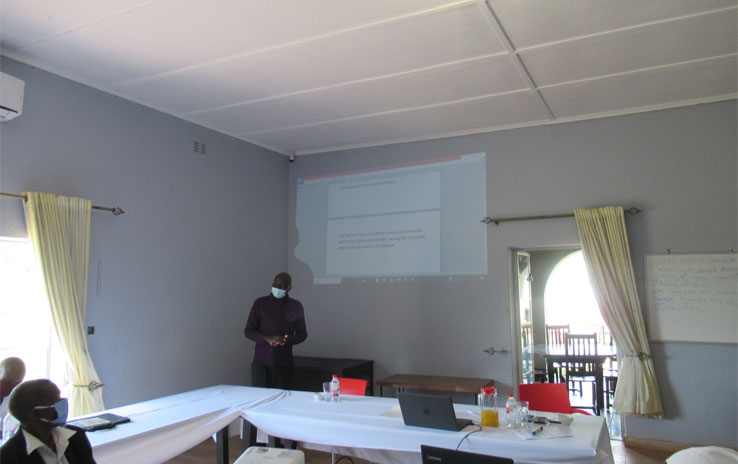
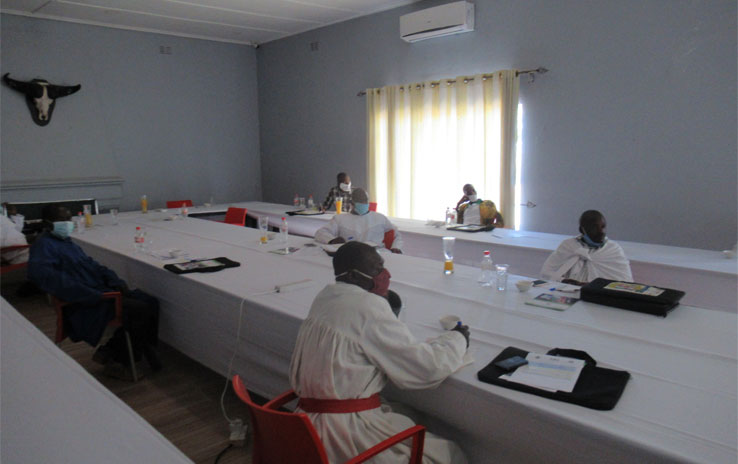
Aim
- To have individuals who prioritize treatment and adherence
- To have Church leaders that act as transformation agents in health issues
- To clear the rigid boundary between the Apostolic and Zionist Churches and modern health facilities.
- To have Churches that brings hope to children.
- To have leaders that act as agents of change in child protection.
- To have Churches that have measures in place to prevent and respond to exploitation, neglect abuse and all forms of violence against children
The two day training was attended by faith leaders from Goromonzi district. The facilitator led the introduction and Bishop France Makungwa of the Kukunda Apostolic Church opened the prayer. The facilitator explained the objectives of the program. Bishop Kahari of Israel apostolic Church was given five minutes to explain how the Churches in Goromonzi were practicing during Covid-19.He explained the Government’s Covid-19 regulations. Rev E Tsvakai then explained the background of UDACIZA and their role in this program. Brian Nyamayedenga from ZACH set the tone by presenting the brief overview and back ground of the Faith and Community Initiative project. He explained the two priorities of the project.
The facilitator then present how the faith leaders can address stigma, discrimination and non-adherence. He went on to facilitate the harms of stigma and discrimination, and the importance of Church leaders being open to support their members.
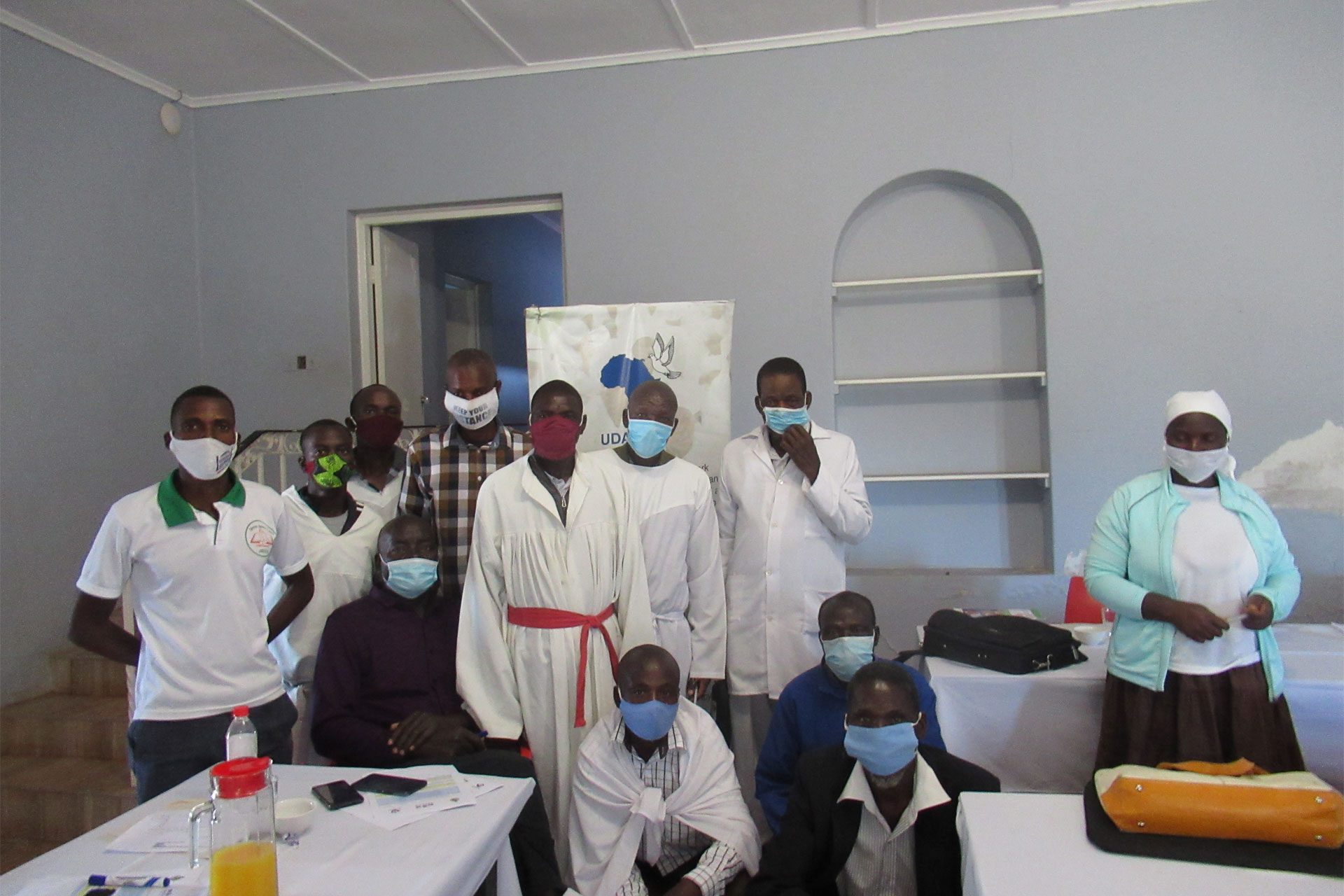
Brian Nyamayedenga on the second presentation of the day presented National overview of HIV programs and basic HIV and ART facts. Church leaders were impressed with new hope and new timing? They were keen to know more about this inventions. They want to understand how can Church leaders help to disseminate self test kit. Mr Nyamayedenga said there is a need for further training on how to share it to community.
The facilitator then presents Church’s role in responding and reporting child abuse. Few Churches in this group had developed Child safeguarding policies in their Churches and the Province said they need to consult other members so that they will appoint appropriate child protection officer. They suggested that since most of the Churches did not have child protection officers there is a need to appoint them and the officers will have a meeting to appoint a district child protection officer
The session on the social, cultural and economic factors impacting HIV & AIDS risk perception and structures which exist for communicating with congregants/followers/community members was planned by facilitator to be done in groups but due to Covid -19 regulations it was turned into a discussion which was led by the facilitator. The Church leaders suggested that they were some topics that they were not comfortable to preach on the pulpit so structures like men fellowship, women fellowship youth conferences and youth sports activities were suitable platforms to disseminate this information.
The facilitator then presents the role of faith leaders can play in HIV case finding, retention, social justice, and influencing behaviour.
Tags : CounsellingTraining
ALL CONTACTS
- Seke North Clinic, Makoni, Chitungwiza, Zimbabwe
- +263 882 724 041
- +263 772 348 885
- +263 775 941 486
CHILD PROTECTION
- Police Hotline: 777 777
- Childline Hotline: 116


